Publications
Articles, publications, books, tools and multimedia features from the U.S. Institute of Peace provide the latest news, analysis, research findings, practitioner guides and reports, all related to the conflict zones and issues that are at the center of the Institute’s work to prevent and reduce violent conflict.
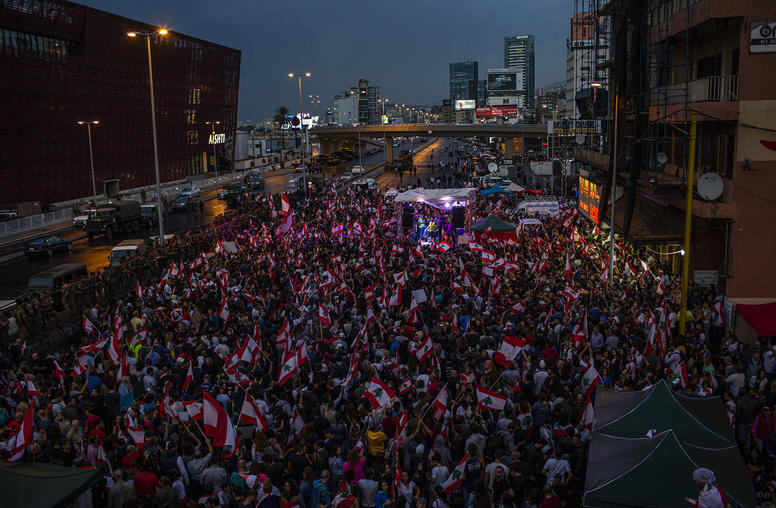
Six Takeaways for the Next Decade of People Power
2019 is being called “the year of protest.” A nexus of corruption, inequality, and unaccountable and unresponsive governments has galvanized citizens across the globe. “People are saying ‘pay attention to us, you are there to serve us,’” observed Nancy Lindborg, USIP president and CEO. This year’s wave of people power shows that governments—whether they are democratic, semi-democratic, or authoritarian—are not immune to collective civic pressure.
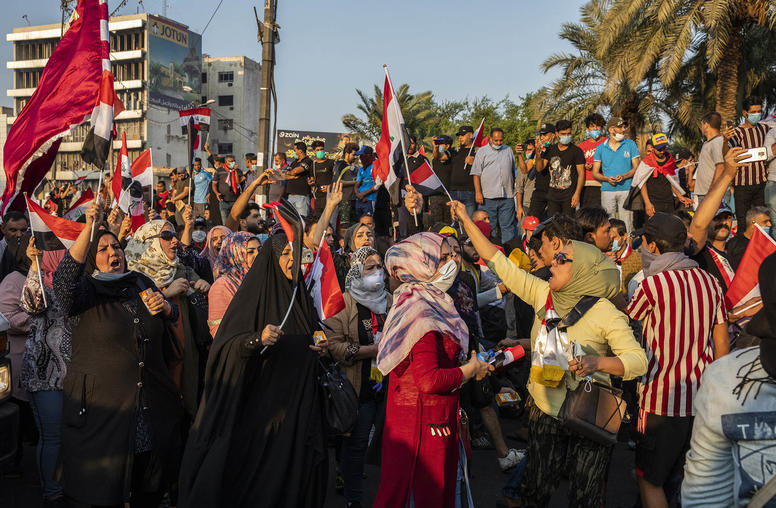
Five Myths About Protest Movements
This year saw protests across the globe, as citizens bridled under what they consider the tyranny of their governments. From Iraq to Zimbabwe, Hong Kong to Chile, demonstrators even in places with ample surveillance and retributive regimes have worked to make their voices heard. But alongside these movements, misconceptions about how they work persist—and plague our understanding of their goals, their methods and their outcomes.
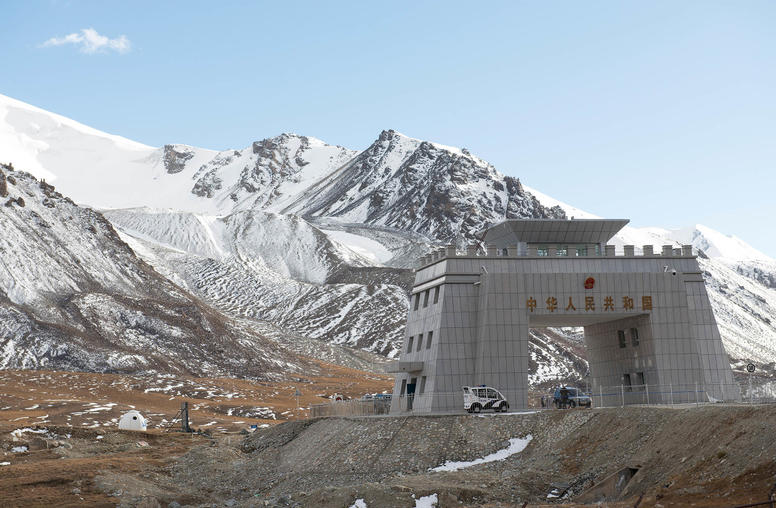
Strategic Implications of the China-Pakistan Economic Corridor
Great power politics is resurgent in South Asia today. China’s growing military ambition in the region is matched in financial terms by its Belt and Road Initiative, the largest and most advanced component of which is the China-Pakistan Economic Corridor. What remains unclear is how the United States should navigate the new dynamic. This report, which is based on research and consultations with experts worldwide, addresses the question of how the India-Pakistan rivalry will play into the emerging great power competition.
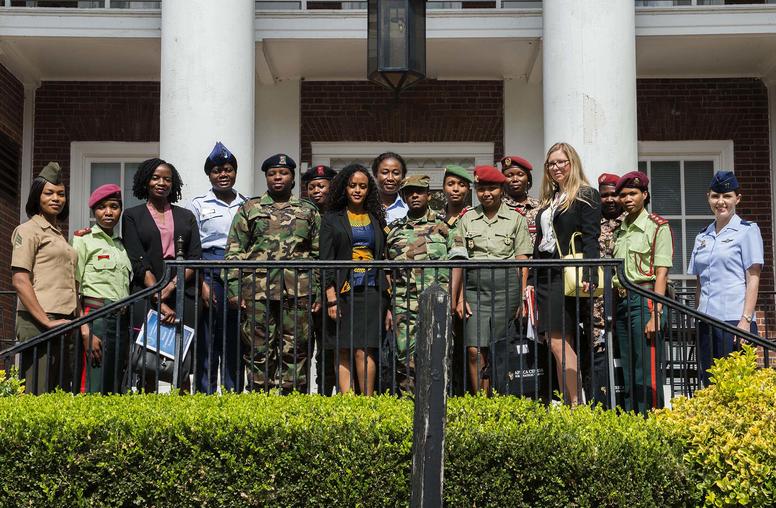
How to Win on Women, Peace and Security
For almost 15 years, Jacqueline O’Neill, now Canada’s first ambassador for women, peace and security, pondered a question that dogs policymakers everywhere and bears heavily on her work: How can gover

Frank Aum on the Year in North Korea Diplomacy
With North Korea’s self-imposed, year-end deadline for a nuclear deal looming, USIP’s Frank Aum says that while complete denuclearization isn’t likely in the near term, “all of the components of a good-enough interim nuclear deal are there, but both sides need to be flexible on some of the harder issues.”
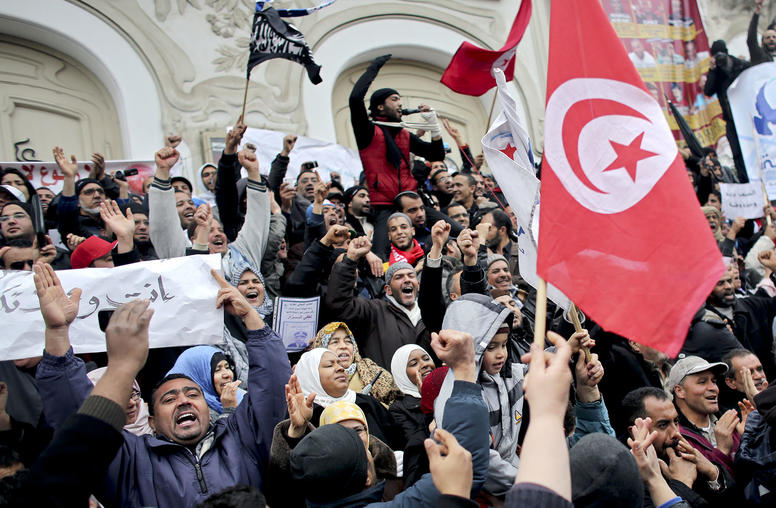
Tunisia’s transition has unfinished business. Can Ennahda lead the way?
Fresh off a busy election season, Prime Minister-designate Habib Jemli is in the process of forming Tunisia’s next government. That government will have the daunting task of addressing Tunisians’ deep disenchantment with the political class and its failures to live up to the promise of the 2010-2011 uprising that led to the overthrow of longtime dictator Zine El Abidine Ben Ali. “The big problems confronting Tunisians have not been given enough importance” from the country’s political parties, said Abdelfattah Mourou, the first presidential candidate of the Ennahda party, during an interview at USIP.
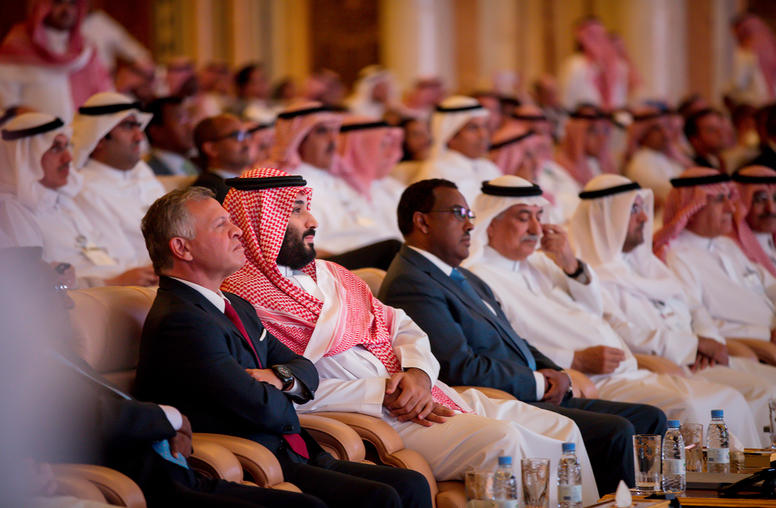
Israeli-Palestinian Conflict: It’s Time for a Sequel to the Arab Peace Initiative
The Israeli-Palestinian conflict has fallen down the list of political priorities in recent years as regional and global powers have been preoccupied with more pressing issues—including tensions with Iran; wars in Syria, Yemen and Libya; unrest in Lebanon, Iraq and Algeria; the rise of intestate competition, including with Russia and China, in the region; and a host of internal issues affecting the countries of the region. However, recent regional developments may present opportunities to reaffirm the tenets that would someday lead to a comprehensive peace.

Steve Hege on Colombia’s Protests and Stalled Peace
In Colombia, protesters are demanding that President Ivan Duque address concerns over economic inequality, corruption, the Venezuela crisis and implementation of the 2016 FARC peace accord in what USIP’s Steve Hege calls the country’s “largest mass mobilization in four decades.”
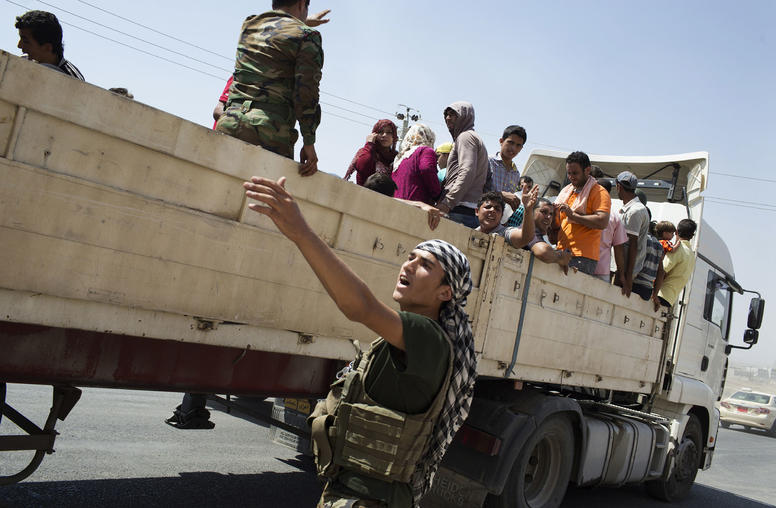
Escape from ISIS: One Family’s Story
The horrific story of ISIS’s bid to wipe out Iraq’s Yazidi minority is fairly well known in the United States. At least in broad terms, Americans who pay attention to such things understand that the terrorist group’s fanatical gunmen rolled in on a defenseless people, butchered men and boys by the thousands and hauled away young women into sexual slavery in a genocidal plan.

Iraq’s protesters just ousted a prime minister. Now what?
Iraq faces a new political crisis and the risk of more violence after its prime minister, Adel Abdul Mahdi, resigned under pressure from two months of mass demonstrations by youthful protesters. More than 400 people have been reported killed amid authorities’ forceful attempts to disperse the youthful protesters, who say a corrupt elite is failing to provide basic government services and share the country’s wealth with citizens. But Abdul Mahdi is stepping down only after Iraq’s most prominent Shia cleric withdrew his support. USIP’s Sarhang Hamasaeed and Elie Abouaoun discussed where the crisis could lead.